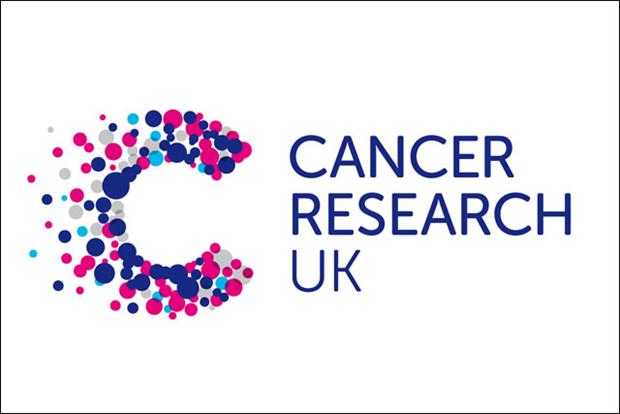Share this Page:
Immune checkpoint inhibitors (ICIs), such as nivolumab and ipilimumab have revolutionised the treatment for metastatic renal cell carcinoma (RCC). However, the most appropriate duration for immunotherapy treatment is not clear. In a recent analysis of the results from the phase III CheckMate 214 trial, all RCC patients randomised to receive the nivolumab/ipilimumab combination had longer treatment-free survival than patients treated with sunitinib. In addition, patients on the combination spent less time experiencing treatment-related adverse events.
Results from an analysis of the data collected in CheckMate 214 were presented during the 18th International Kidney Cancer Symposium last November. In 1082 CheckMate 214 patients, treatment free survival was 6.8 months with the combination, and 2.9 months for sunitinib at a median follow-up of 30.0 months. Treatment free survival without grade ≥3 adverse events was 3.6 months longer for patients on the combination versus sunitinib, and 3.2 months longer for grade ≥2 adverse events. Immune checkpoint inhibitors have been shown to successfully extend survival in many different cancers; the results of this analysis suggest that doctors are now able to focus on improving toxicity and quality of life.
Dr Meredith Regan from Harvard Medical School said, “We can see, especially in this time when patients are alive and doing well, how are they spending their survival time,” she said. “The dream is to treat a patient, get them off treatment, and allow them to go back to their life without having to be treated all the time and without having adverse effects of treatment.”














